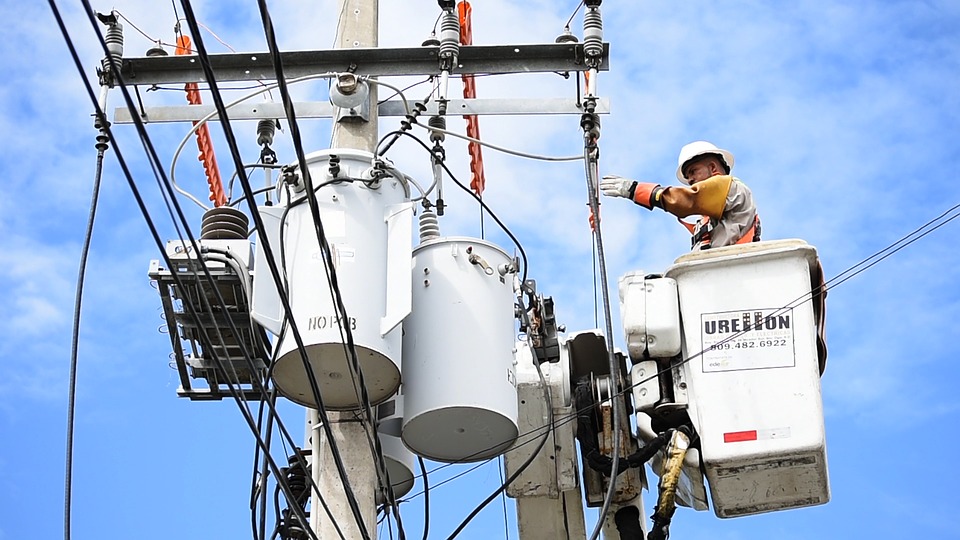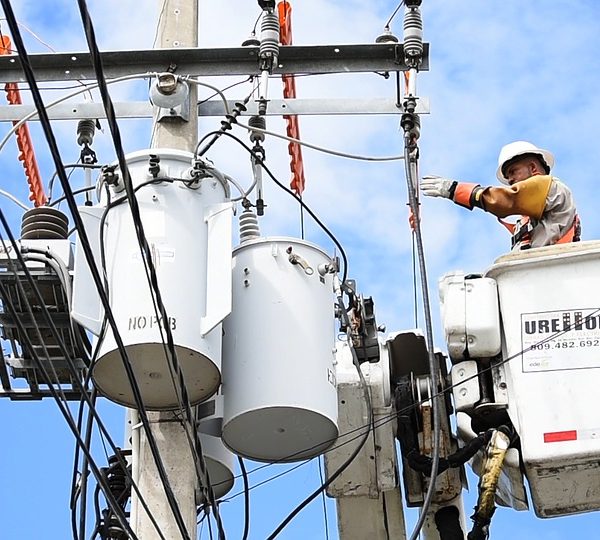Electricians are highly skilled professionals who install, maintain, inspect and inspect electrical
infrastructure. This service may include installing and repairing electrical systems for new
construction projects or repairing or replacing old or damaged ones. The electrician also ensures
that the building’s wiring is installed correctly. This includes installation of new wiring throughout
a building, as well as testing the current wiring as it is being replaced. An electrician can offer
guidance and advice about how to properly care for and protect electrical equipment.
There are two types in the United States of electricians: licensed and non-licensed. Each state’s
department for licensing must issue licenses to licensed electricians. Licensed electricians must
also pass the state’s certification exam, which covers electrical systems, mechanics and
technology basics. Most people get their first job from a licensed electrician.
Journeyman electricians are not licensed electricians. Journeyman electricians are paid less
than the highest-paid electrician. These electricians must complete the state application for
licensure. They also need to pass the certification exam. Before becoming eligible for
journeyman status, licensed journeymen must pass a nationwide exam, also known to be the
National Council for Quality Assurance’s (NCQA) examinations. The average hourly wage
for a licensed journeyman electrician is $19
The majority of electricians work for a number of different clients. They are responsible in
installing, repairing, and maintaining electrical equipment for residential and commercial clients.

Other equipment that is common include wiring, switches, routers, cabling and telephone lines.
Each of these primary duties requires an electrician to complete a certain set of tasks within a
specified time frame. This gives them a defined scope of responsibility and helps ensure that
each job is completed on time and correctly. The national average salary increases for
technicians who have completed their primary duties.
If an electrician becomes an employee of a company, they are required to perform certain duties
that help ensure that the business runs smoothly. They are usually required to install and fix
electrical equipment. However they may be asked to upgrade and maintain electrical systems. It
is common for workers be required to perform preventive maintenance on electrical equipment.
This ensures that equipment works properly and that the system is safe. The skills and salary of
an electrician who successfully completes maintenance tasks increases with each successful
completion.
The pay of an electrician is affected by many other factors. The location is one of the most
important determinants. New York has the highest hourly rate in the country. This factor can be
adjusted depending upon the electrician’s geographic location by adding or subtracting factors
that impact the cost of living. New York City, for instance, is home to some the largest
businesses in America, which drives up the cost to run a business.
The cost of living is also a factor in the salaries of electricians. New York’s gas prices can be
quite high. Some electricians make a lot of money while others barely have enough to live. Each
state has its own minimum wage, which can impact the amount of money that electricians make
each year. In addition, some states have unemployment insurance benefits available to
additional workers.
Most electricians begin their careers in the commercial sector. Electricians with specialized
knowledge in one particular aspect of electrical systems earn a higher wage. The more
specialized knowledge that is acquired, the higher the income potential for electricians.

